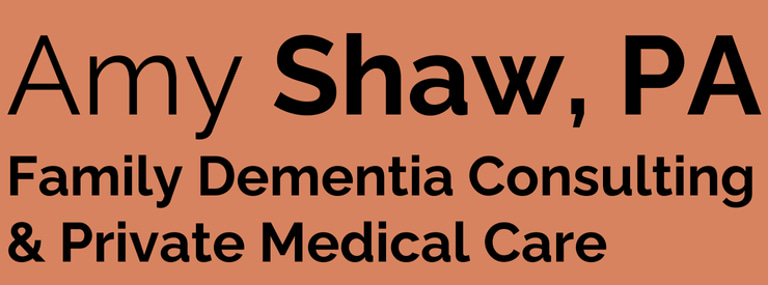NEW DEMENTIA CAREGIVER SUPPORT GROUP starting April 25, 2025 - LEARN MORE HERE
The Sadness of Gene Hackman’s Death: A Reflection on Dementia and Isolation
Dementia isolates both those who suffer from it and the caregivers dedicated to their well-being. Gene Hackman’s tragic passing serves as a stark reminder that dementia robs individuals of their ability to problem-solve and navigate daily life. This blog explores the importance of community awareness, safety planning, and proactive support to prevent isolation and ensure no one is left to struggle alone.
Amy Shaw PA


As a dementia care specialist, I know too well the risks inherent to this disease. I've cared for patients with advanced dementia who live alone, surviving but for the generosity of their neighbors supplying their winter stove with pellets to get them through the harsh Wyoming winter.
The sadness of a couple dying alone and nobody finding them for a week or more breaks my heart. I won’t speculate on the Hackman scenario, but I have cared for many caregivers who have become isolated while caring for their loved ones with dementia. This could happen to anyone.
Dementia is not just a disease of memory; it is a condition that can isolate individuals and their caregivers from the world around them. The demands of care often become so overwhelming that caregivers themselves slip into solitude, prioritizing their loved ones’ needs at the cost of their own well-being. The emotional and physical toll is profound, and too often, it results in a situation where a caregiver passes away first—leaving a vulnerable person with dementia alone, confused, and unable to seek help.
It is important to understand that people with dementia lose their ability to navigate problems with cognitive sophistication. Reports suggest that Gene Hackman suffered from advanced Alzheimer's dementia, which prevented him from problem-solving after his wife’s passing. He was seemingly unable to call for help or even feed their dog. Because dementia robs individuals of their ability to manage daily life independently, it is a mistake to assume that someone who “sounds” normal is actually fine. Instead, we should assume they may need help and take an active role in ensuring their safety.
This is why community awareness and intervention are critical. Neighbors need to look out for one another. Family members must remain engaged, even from a distance, ensuring no one falls through the cracks. In my work, I have seen caregivers completely dedicated to their loved ones, only to become exhausted, overlooked, and ultimately forgotten by those who assume they are “managing” just fine.
A safety plan is essential for every household where dementia is present. Loved ones should ensure that:
A trusted neighbor or friend checks in regularly.
Emergency contacts are clearly posted and shared with key people who can recognize a crisis and act accordingly.
Essential utilities, such as winter heat and summer air conditioning, are properly maintained.
A local support network is in place, whether through church groups, social services, or caregiving organizations.
No one should have to suffer in silence. Dementia caregiving is an act of profound love, but it should not come at the cost of total isolation. If you know someone in this situation, reach out. A simple call or visit could mean the difference between life and tragedy.
Gene Hackman’s passing—like so many others who have died alone—should remind us that we must do better. We must foster communities that care, intervene, and ensure that no one, whether a caregiver or a person with dementia, is left unseen in their final days.
Amy Shaw, PA
Compassionately guiding families through the dementia journey with expert care and support.
Providing in-person medical care for patients and families in Laramie County, WY, and telehealth medical care throughout Wyoming and Illinois.
Private pay only. Amy Shaw LLC does not bill Medicare, Medicaid, Tricare, or health insurance at this time.
Amy Shaw LLC is a Wyoming company.
Contact
P: (307) 316-2055
F: (307) 263-7546
© 2024. All rights reserved Amy Shaw LLC.
HOURS
Monday – Friday
9am MT – 5pm MT
